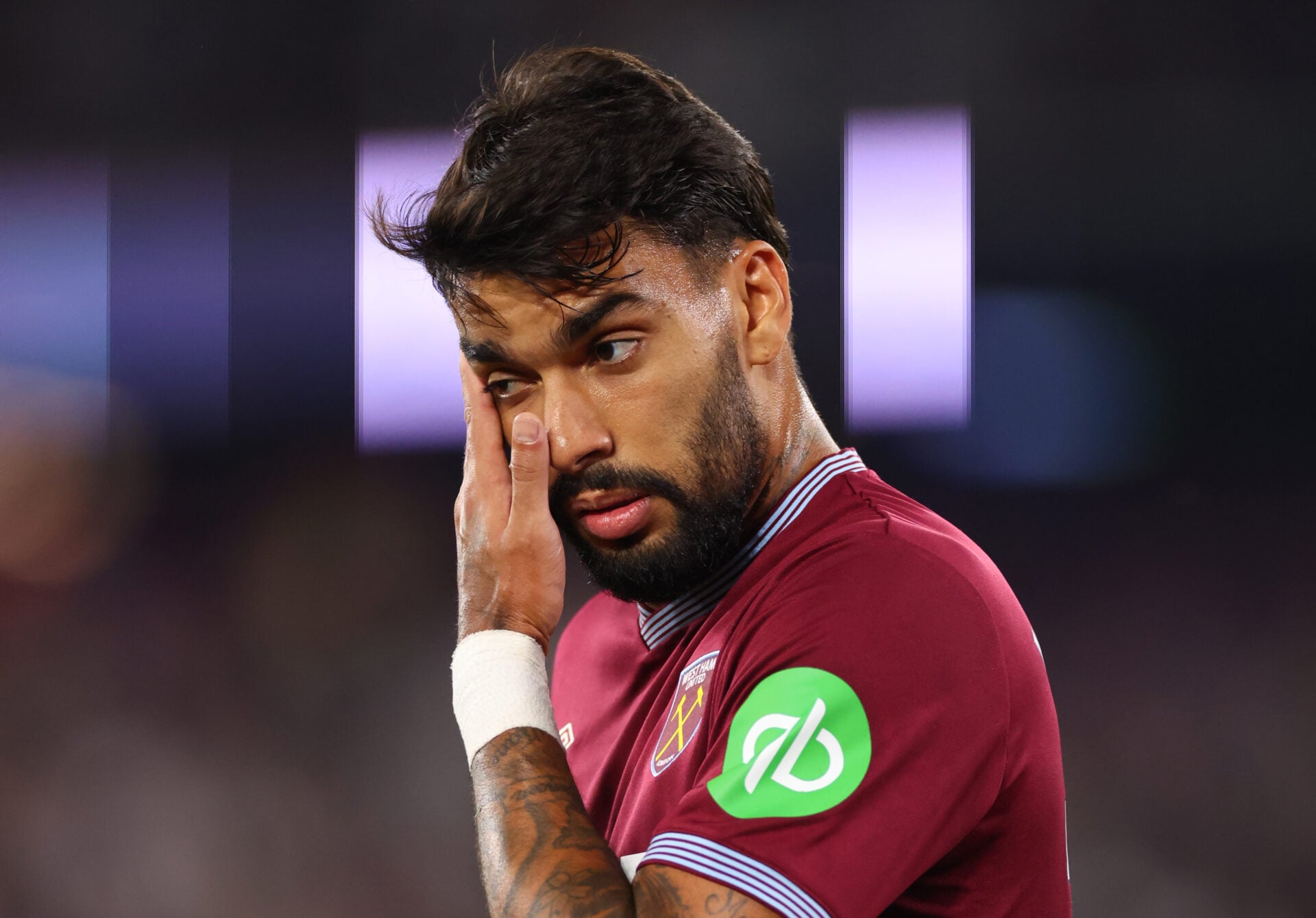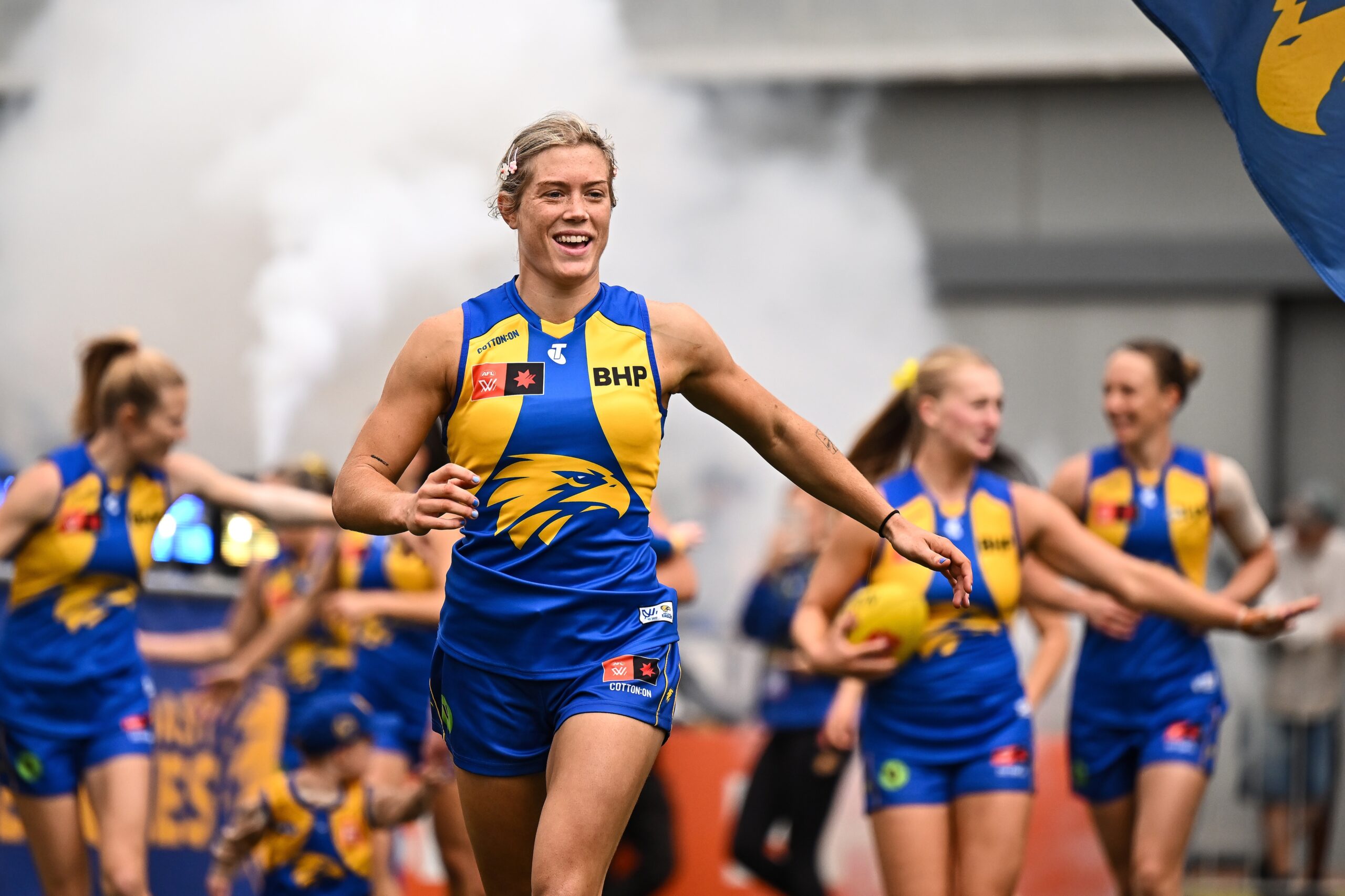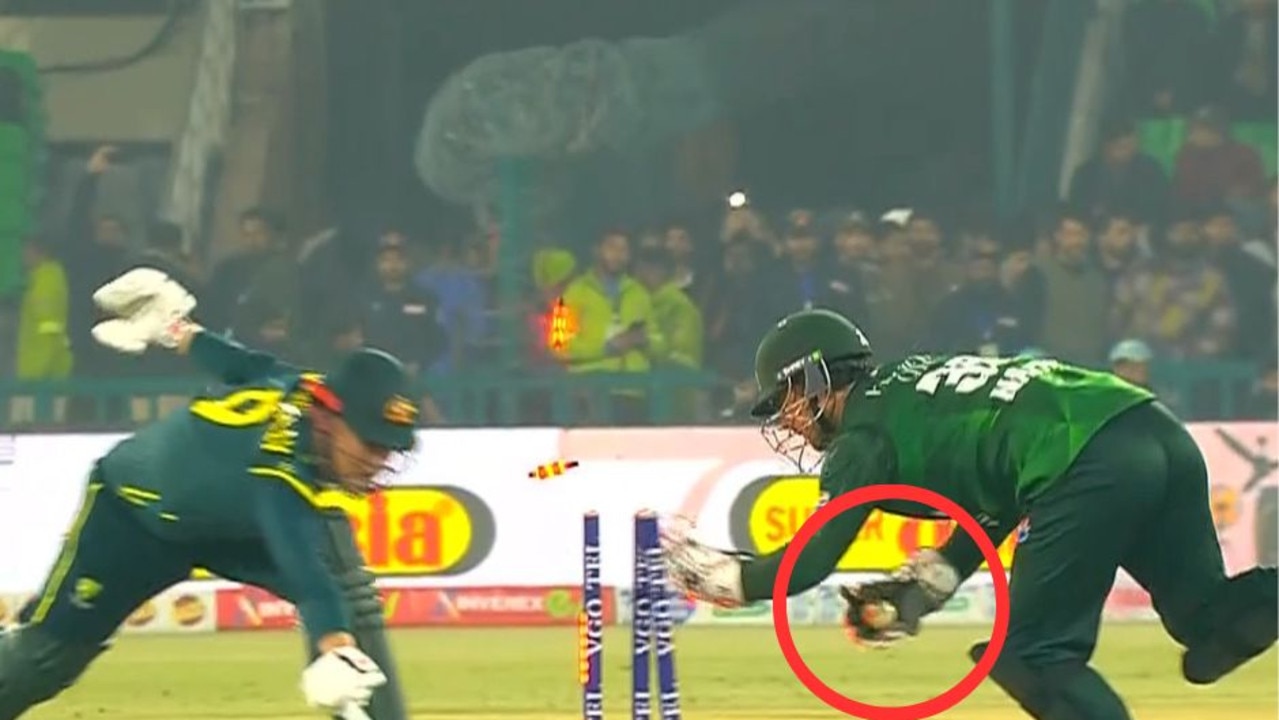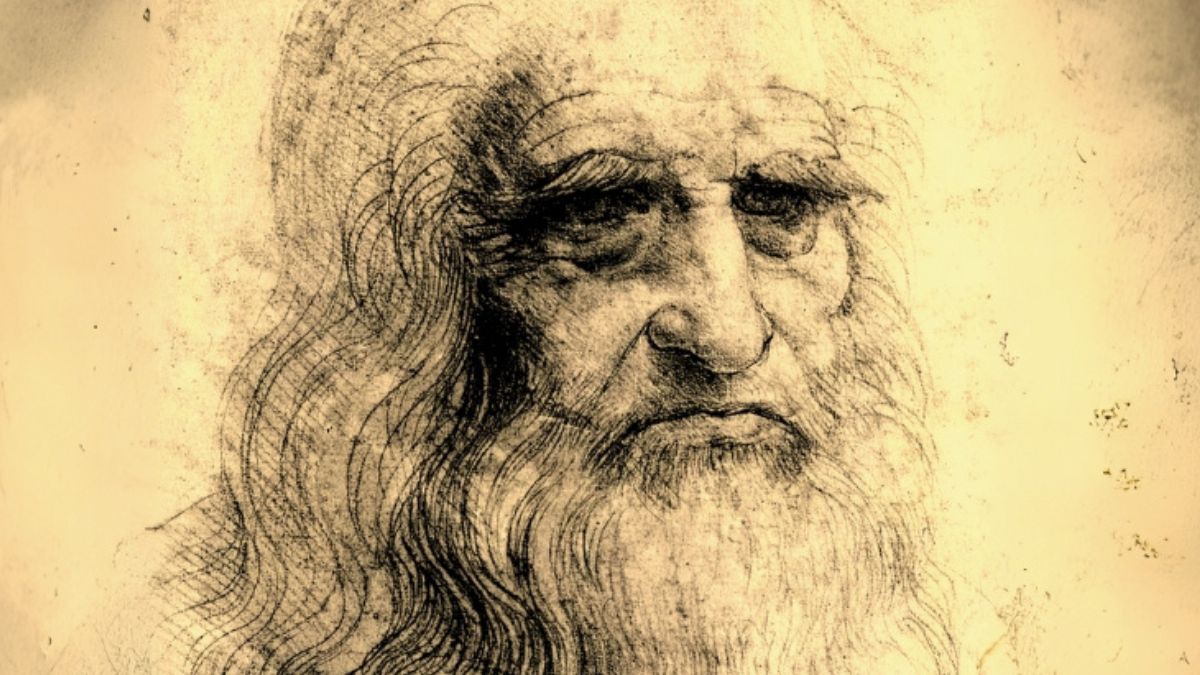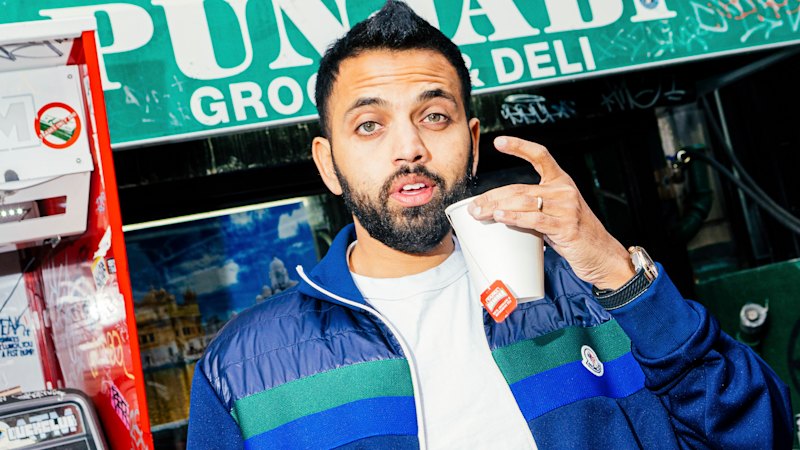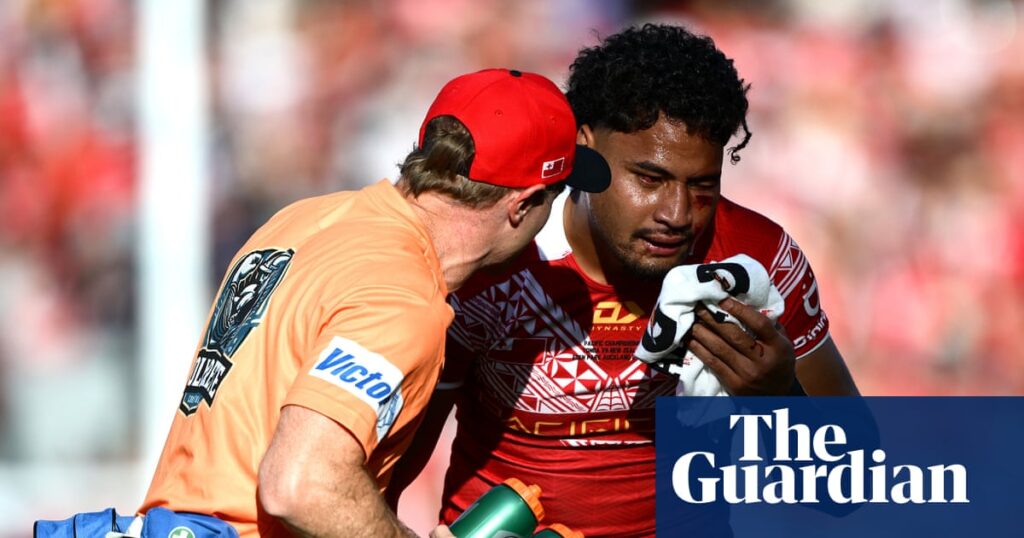
Melbourne Storm’s backrower and Tongan rugby star Eli Katoa is facing an uncertain future as he continues his recovery from a series of head injuries that led to brain surgery. The 25-year-old remains hospitalized in Auckland following three severe head knocks sustained during a match against New Zealand 12 days ago.
Katoa’s condition has raised concerns within the rugby community, with Melbourne Storm’s chief executive, Justin Rodski, indicating that there is no guarantee the player will return to the field. The alarming sequence of events began when Katoa appeared to suffer a concussion during the warmup of the Pacific Championships clash, after a collision with teammate Lehi Hopoate. Despite this, he played the match, enduring two more head impacts before experiencing seizures on the sideline, necessitating emergency surgery to alleviate brain bleeding.
Recovery and Rehabilitation: A Long Road Ahead
Rodski provided an update on Katoa’s condition, stating, “He’s in a stable condition, he’s been improving, which is really pleasing. He’s still got a long way to go in terms of his short-term, medium-term recovery.” Plans are underway to transport Katoa back to Australia, where he will continue his recovery in a Melbourne hospital under the guidance of specialists.
The decision on Katoa’s discharge and subsequent rehabilitation will depend on evaluations by medical experts. “At that point, they’ll make the decision on when he’s discharged from there and what his recovery looks like from there, whether that’s heading home, whether that’s heading into some form of rehabilitation centre,” Rodski explained.
Impact on the Rugby Community
The news of Katoa’s condition has been a sobering reminder of the risks associated with contact sports. The incident has deeply affected the Melbourne Storm community, particularly as it comes on the heels of the club’s second consecutive grand final loss. Welfare officer Young Tonumaipea and chair Matt Tripp have visited Katoa in hospital, while players and staff in Melbourne have been sending messages of support.
Rodski emphasized the emotional impact on the team, stating, “It’s one of the closest connections you’ll ever experience, in my view, and when someone that is so loved and respected is put in such a heartbreaking position, it impacts everybody and it’s been really challenging.” He added, “But on the flip side of that, the best part about footy clubs is how connected they are and how much the family comes together to support one another through tough periods, and this last couple of weeks has been an incredible example.”
NRL Investigation and Future Prospects
The NRL is actively investigating the circumstances that allowed Katoa to participate in the match despite his initial concussion. Rodski acknowledged the gravity of the situation, describing it as a “really serious incident” that warranted a thorough investigation. He expressed confidence in the NRL’s handling of the matter.
As for Katoa’s future in rugby, Rodski stated it was too early to make any definitive statements about his return to the sport. “It would be unfair to him and his family to make any type of statements around his short-term or long-term future other than to say that he has our full support,” he noted. “We’re working really closely with him and his family to get him back to Melbourne and give him every possible opportunity to return to full health first and foremost. And then from there we can see whether or not he’s ready, or when he’s ready I should say, to return to playing professional sport.”
The unfolding situation with Eli Katoa not only highlights the personal challenges faced by athletes but also underscores the broader implications for sports safety protocols. As the rugby community rallies around Katoa, the incident serves as a catalyst for ongoing discussions about player welfare and the responsibilities of sports organizations in ensuring the health and safety of their athletes.
